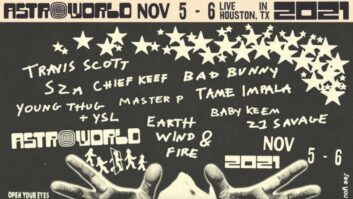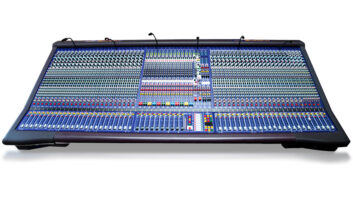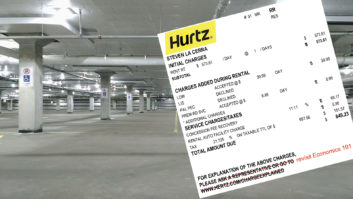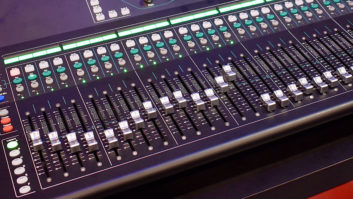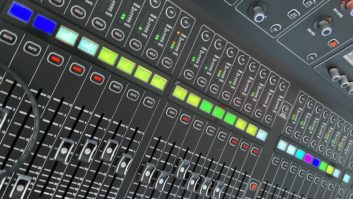Prior to the 2019 American Music Awards held last Sunday, there was quite of bit of discussion regarding whether or not Taylor Swift would be able to perform some of her own songs at the event. Swift was honored as the AMA Artist of the Decade and planned to perform songs spanning her catalog, which reaches back to 2006.
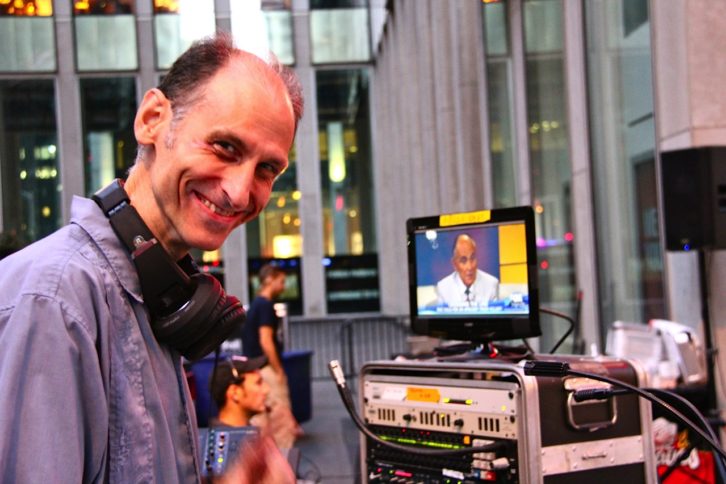 There were rumors that executives at Big Machine Label Group—the label that released Swift’s first six albums—would not allow her to perform songs from those records. Following those rumors, there was plenty of mud-flinging in the press between Swift and Big Machine executives, with a fair amount of support on both sides.
There were rumors that executives at Big Machine Label Group—the label that released Swift’s first six albums—would not allow her to perform songs from those records. Following those rumors, there was plenty of mud-flinging in the press between Swift and Big Machine executives, with a fair amount of support on both sides.
If we’re strictly talking about a live performance, then an artist does not need the permission of a record label to perform their own song, and in many cases an artist does not need permission to perform songs written by other artists. Witness the countless number of cover bands that perform material they did not compose or record.
Read more Mix Blog Live: Why Does an Advance Have to Be So Difficult?
It’s a common misconception that entertainers need a license to perform copyrighted music, but that’s not the case. It is ultimately the owner of a venue such as a bar, restaurant, theme park, skating rink, race track, etc., who is responsible for obtaining a license for public performance of music. (The “synch” license required to use a song in a film or TV production is subject to negotiation.)
Performing rights licenses are obtained through performing rights organizations (PROs) such as ASCAP and BMI, both of which try to ensure that songwriters and publishers get paid for use of their songs. These companies license works created by more than a million composers and music publishers, works that are used every day in venues ranging from high-end restaurants to retail clothing stores.
Things get a lot stickier when TV and radio are involved (especially TV) because live TV is often recorded for later re-broadcast. Some shows by nature must be recorded so that they can air on opposite coasts at viewer-friendly times. A record label could argue that those recordings are in competition with the original recordings, especially since it seems inevitable that some of the recordings will work their way onto the Web—though YouTube has been diligent (some would say overly so) about defending the rights of copyright owners.
There was discussion that some of Swift’s performances at the AMAs might be used in a future Netflix documentary, and that’s where Big Machine Label Group might have a valid gripe because a label can restrict recordings of the songs that it owns. Further complicating matters is Swift’s plan to re-record and re-release her earlier material next year, when she will be contractually permitted to do so. It has the potential to become a legal mess, and I’m sure we’ll hear more about it in the future.
